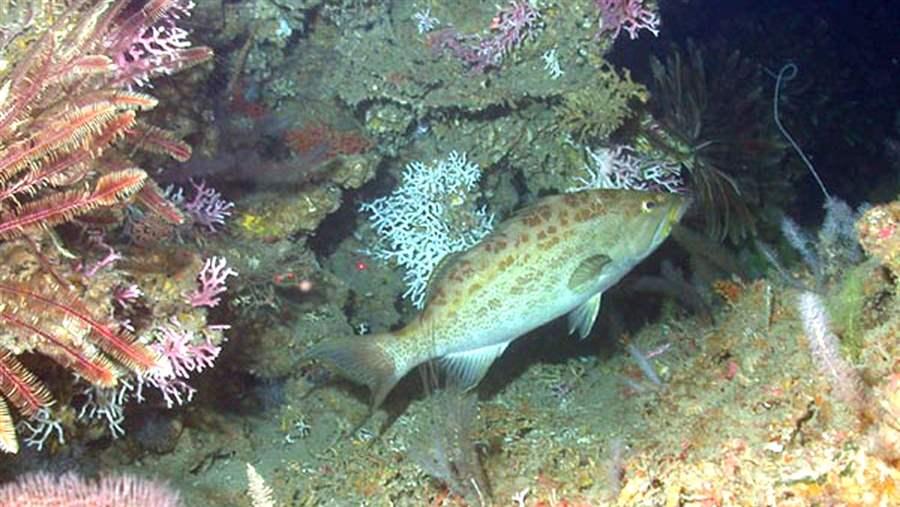Building on Success
 © NOAA
© NOAAA juvenile scamp in a deep patch reef.
In late fall of 2006, Congress came together to strengthen the primary law that governs our nation's ocean fisheries—the Magnuson-Stevens Act, originally passed in 1976. A push from leaders on both sides of the aisle, combined with strong support from President George W. Bush, helped overcome political differences.
Now the House Committee on Natural Resources has advanced a bill to reauthorize and amend the act. Unlike eight years ago, however, this measure lacks significant bipartisan support—and a number of its provisions would undermine key reforms that have proved instrumental in rebuilding depleted U.S. ocean fish populations.
The 2006 reauthorization of the Magnuson-Stevens Act, along with an earlier one in 1996, required an end to overfishing, established clear timelines for rebuilding depleted populations, and required decisions based on science—creating much-needed accountability in the form of annual catch limits.
As a result, our fish stocks are in much better shape today. In fact, according to the National Oceanic and Atmospheric Administration’s Fisheries Service, since 2000 the number of stocks subject to overfishing has dropped from 72 to 28, while 34 depleted fish populations have been rebuilt.
The current reauthorization bill, H.R. 4742, was introduced by Chairman Doc Hastings (R-WA) and approved by the committee with no Republicans voting against it and only one Democrat voting for it. Headed to the full House of Representatives for a vote as early as this month, it includes troubling provisions that would:
- Add broad loopholes allowing fisheries managers to avoid setting reasonable timelines for rebuilding depleted fish populations;
- Exempt many species of fish from current science-based catch limits; and
- Undermine the authority of other proven, keystone federal environmental laws such as the Endangered Species Act and the National Environmental Policy Act - laws that involve the public in decision-making and have helped restore, conserve, and manage natural resources for decades.
Perhaps most significantly, the bill misses an opportunity to prepare the nation for growing challenges to the health of our oceans. For decades, single-species policy solutions have been used to fight overfishing and rebuild depleted fisheries. This approach makes it difficult to incorporate important new research about how ocean food webs work or how fishing for one species may unintentionally affect others. Accounting for these connections would allow fisheries managers to better prepare and adapt to the changes that are occurring in our oceans.
Instead of weakening the Magnuson-Stevens Act and putting hard-earned progress at risk, Congress should require a transition to ecosystem-based fishery management. That means protecting important habitats, avoiding non-target catch, ensuring that enough forage fish remain in the water to feed larger animals and putting ecosystem planning on the agenda for fisheries managers.
Developing new policy tools to maintain the overall health of marine ecosystems would build on the conservation successes of the act in restoring depleted fish populations. And, according to a number of prominent marine scientists, ecosystem-based fisheries management would also provide federal fisheries managers with more tools to restore ocean ecosystems, making them more resilient to the impact of climate change on U.S. waters.
Policymakers in Washington today may stand divided on party lines over a whole host of issues, but management of our oceans doesn’t need to be one of them. As Congress did in 1996 and again in 2006, it should put partisan differences aside when crafting the next version of the Magnuson-Stevens Act. We owe it to our children and grandchildren not only to protect the health of some species of fish, but to ensure the broader health of our oceans. We can do that by taking a comprehensive approach to fisheries management.






